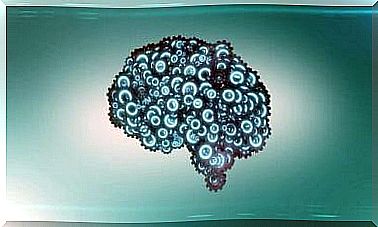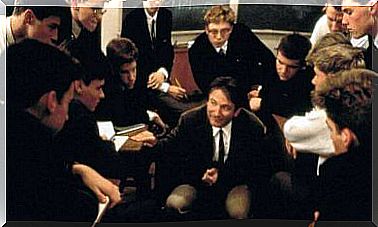What Do We Gain By Training Our Memory?
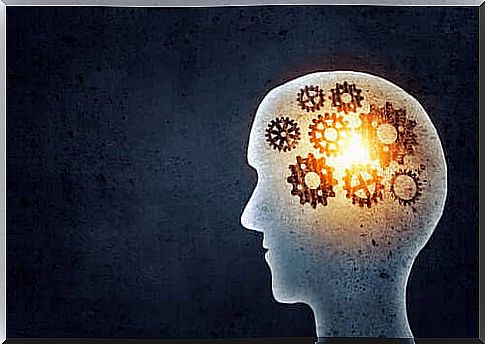
There are so many studies supporting this idea that there is little doubt: there is age-related cognitive decline. In this sense, what would we achieve by training our memory? Would there be benefits? Would they be short term or, on the contrary, would they be maintained over time?
Age does not affect all people or all types of memory equally. We better preserve procedural memory or memory related to old and emotionally intense memories. On the other hand, working memory is usually the most compromised.
Problems of divided attention, forgetting recent events, inappropriate use of coding strategies, omission or misuse of verbal or visual cues to retrieve information were also identified, along with a negative perception of their own performance and their potential for improvement. (Craik, 1977; Parkin, 1987; Montenegro 1998a).
So, today we want to know: what do we gain by training our memory?
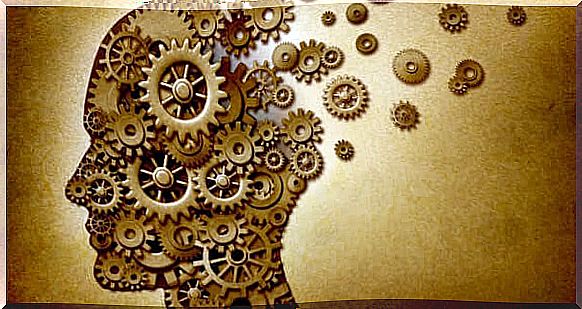
Is training memory important?
The term ‘memory training’ is a modern concept that has been known for centuries as the art of memory. Its first appearance dates back to Simonides de Ceos (Greek poet-468 BC) and the Loci method.
Later, other authors used terms such as artificial memory and natural memory, memory with images, memory linked to magic and philosophical and ideological contents, etc.
Memory training reveals beneficial effects in both healthy older adults and older adults with cognitive impairment. In addition, there are currently many memory interventions such as rehabilitation, stimulation and training.
In 1970, several programs and studies aimed at training memory to face losses resulting from trauma, early-stage dementia, aging, etc. , began to be developed.
In current interventions, different means are used, such as stimulation, group therapy, rehabilitation, relearning or computer rehabilitation.
However, the use of certain tools or others depends on the person’s needs and also on the means and knowledge that the professional has.
Differences between rehabilitation and training
The two most common terms are rehabilitation and training. Training consists of systematically teaching the knowledge, use and control of the processes, strategies, techniques and experiences involved in the functioning of memory and in improving its performance.
Rehabilitation consists of intervening to recover a good level of functioning (personal, social and professional) after a certain illness that caused an injury or functional deficit.
Rehabilitation is therefore used with sick people, and training is a term that can be applied to sick and healthy people.
The training is also used with people who have alterations that, without having a disease, “may be the object of clinical attention”, as the DSM-V (2013) says: “memory loss due to age, due to age-related cognitive deterioration” , etc “.
How can we train our memory?
Memory training can be classified according to several criteria (Montejo Carrasco, 2015):
- The contents that work and the proposed objectives : unifactorial or multifactorial.
- The number of people you work with: individual or group.
- The types of strategies used: internal strategies (visualization, association…), external strategies (notebooks, colors, order…) and those that use elements of both types or mixed (most methods).
- The type of memory used: explicit/implicit
For older people, group training is usually chosen. With this, in addition to memory, it is possible to strengthen the social context, in which the elderly also face significant losses: friends and acquaintances of the same generation.
Furthermore, generalization to everyday life and transfer of results from trained functions are better in this way. This methodology is preferable because of the effects the group achieves. Furthermore, at the investment level, it is more profitable: you can work with more people in less time.
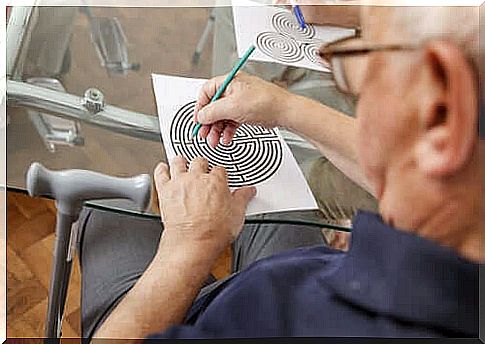
training our memory
It appears that certain areas of our brain are able, with training, to build up a certain cognitive reserve that protects us against age-related deterioration.
In her time, neuroscientist Rita Levi-Montalcini said that: “brain plasticity or neuroplasticity remains constant throughout life; while we exercise the brain”.
So, by training our memory, we are making a profitable investment against age-related cognitive deterioration. The most optimistic data suggest that this could have a positive impact in 63% of cases and act as a protective factor in up to a third of Alzheimer’s cases.


